Introduction
Kerala is a state in the southwestern part of our country India. The state is well known for its natural beauty, diverse cultural heritage, and relaxing beaches. It is a popular tourist destination in the country and attracts millions of tourists from many parts of the world every year.
The climate in Kerala is a tropical one and hence it experiences different weather patterns throughout the year. Kerala is famous for its cultural dance forms and folk music which originated in the 17th century. The famous kathakali dance show which is a combination of ballet, opera, and pantomime is a lifetime experience.
It is performed by trained dancers who wear elaborate costumes and makeup. Kerala is also associated with a backwaters network of lagoons, lakes, and canals that run parallel to the Arabian sea coast. A cruise journey can be a life-changing and memorable vacation story that will stay with the tourists visiting Kerala.
Kerala is also known for its vibrant village fairs which include food stalls, games and cultural performances. This is an excellent recreation method of exploring the cultural heritage and taste their authentic cuisines.
The fairs also serve as a medium to explore the local delicacies such as Idlis, Dosa, Sambhar and Appam. Many dance performances like the Mohiniyattam Dance performance and Theyyam performance are part of such village fairs.
The Thrissur Pooram Festival is one of the popular festivals in Kerala and is held in the city of Thrissur, which marks the celebrating ritual of Hindu the God Vishnu and is marked by a spectacular display of fireworks, music and cultural and traditional folk-dance performances.
The climate in Kerala can be divided into three main seasons. Depending upon what the tourist wants to experience the detailed summary of the seasons is enlisted.
Best time to visit Kerala according to seasons
SUMMER SEASON (MARCH-MAY)
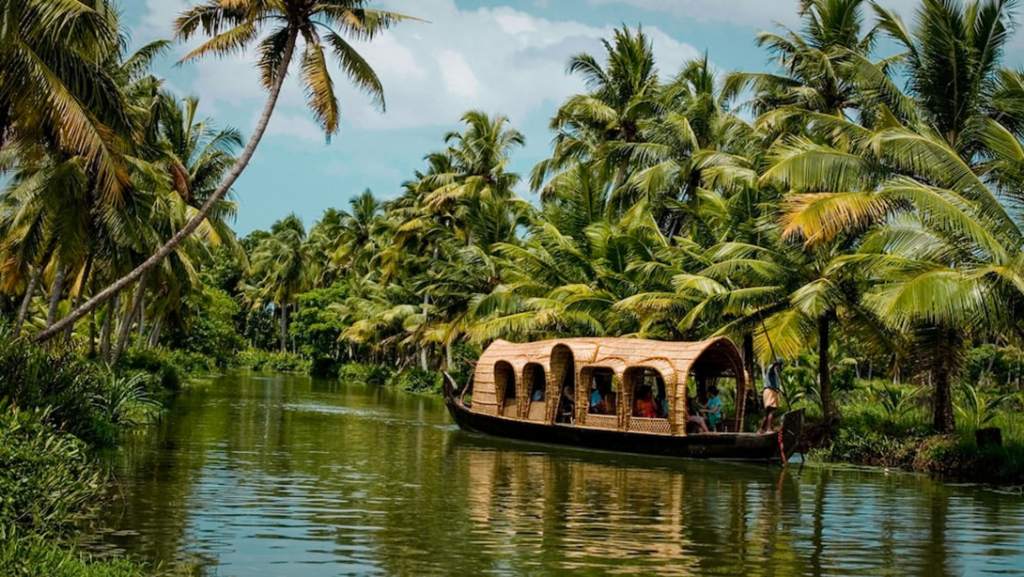

The summer season in Kerala starts in March and lasts till May. During these months the temperature ranges from 30-35 degrees and is quite hot and humid weather throughout the state.
It is considered the best time to visit Kerala if tourists seek a peaceful and serene holiday experience. The crowds are relatively low during this season and the prices of accommodation and travel are also lower.
If tourists visit Kerala in the summer season, they can explore hill stations like Munnar, Wayanad, and Thekkady. These hill stations are at their most beautiful scenic beauty with lush greenery, blooming flowers and cool refreshing air.
Tourists can also visit the backwaters and the beaches during the season, but they need to follow safety instructions of keeping themselves hydrated throughout the day and avoid direct contact under the sun during the daytime.
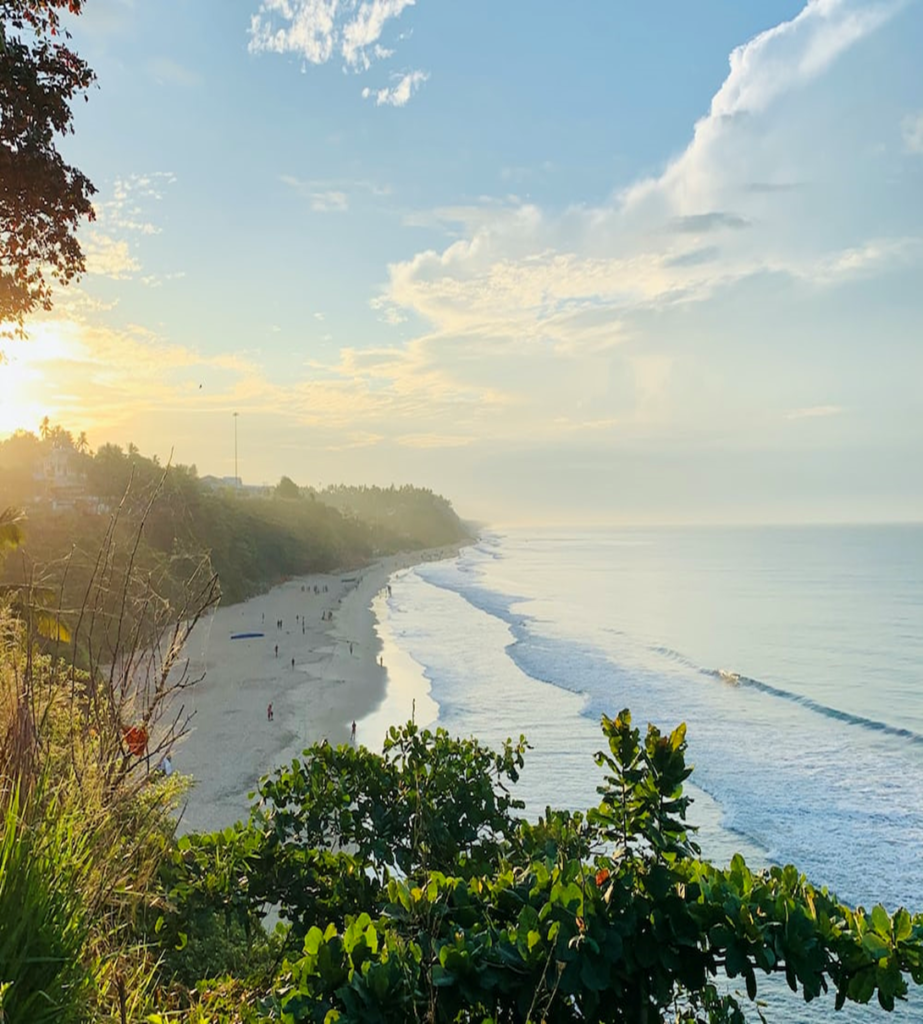

MONSOON SEASON (JUNE-SEPTEMBER)
The monsoon season in Kerala starts in June and lasts until September. The season is marked with heavy rainfall and the humidity level can be quite high. The monsoon weather has its charm and can provide you with an experience like no other time of the year.
The state’s lush greenery is displayed and portrayed well during the monsoon season which is considered the best time to experience Ayurvedic Therapies in Kerala. The humidity and moisture in the air allow the body to absorb the herbal oils and medicines better and hence making the treatments more effective.
Also, the monsoon season is marked by many festivals which are marked by traditional dances, feasting, and flower decorations.
The major disadvantage of traveling to Kerala in the Monsoon is that it causes heavy rainfall in the state which can lead to floods and landslides. The average rainfall in the Monsoon season is 3000 mm. the high humidity can cause molds and mildew to grow in homes and buildings.
The Monsoon makes the seas rough which makes boats and ships difficult to navigate. The monsoon season in Kerala brings cooler temperatures can make the weather more pleasant for outdoor activities. The monsoon fills the backwaters and lagoons with water which provides great picture scenery and also marks waterfalls inside the state.
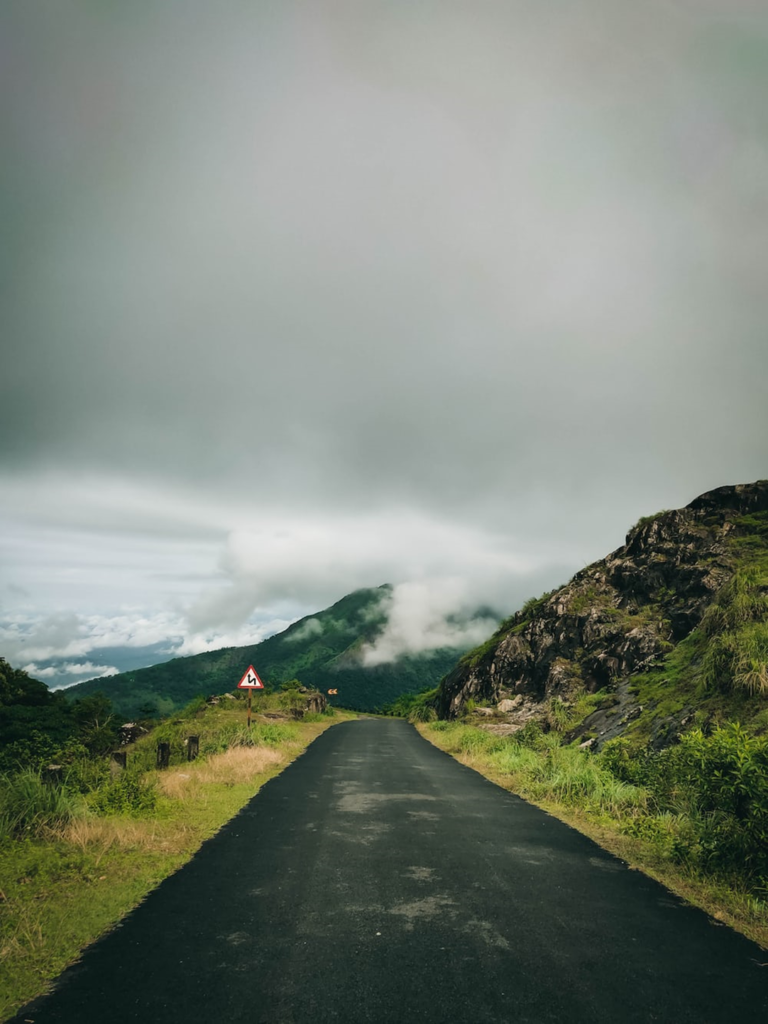

WINTER SEASON (OCTOBER-FEBRUARY)
The winter season starts in October and ends in February. It is characterized by milder temperatures, low humidity, and dry weather conditions. The temperature throughout the state during these months ranges from 20 to 30 degrees and it makes outdoor activities like House Boats, sightseeing, and trekking possible.
The low humidity makes it easier for clothes to dry off quickly which is an important agenda for tourists throughout their stays. The winter season is characterized by clear skies and sunny weather.
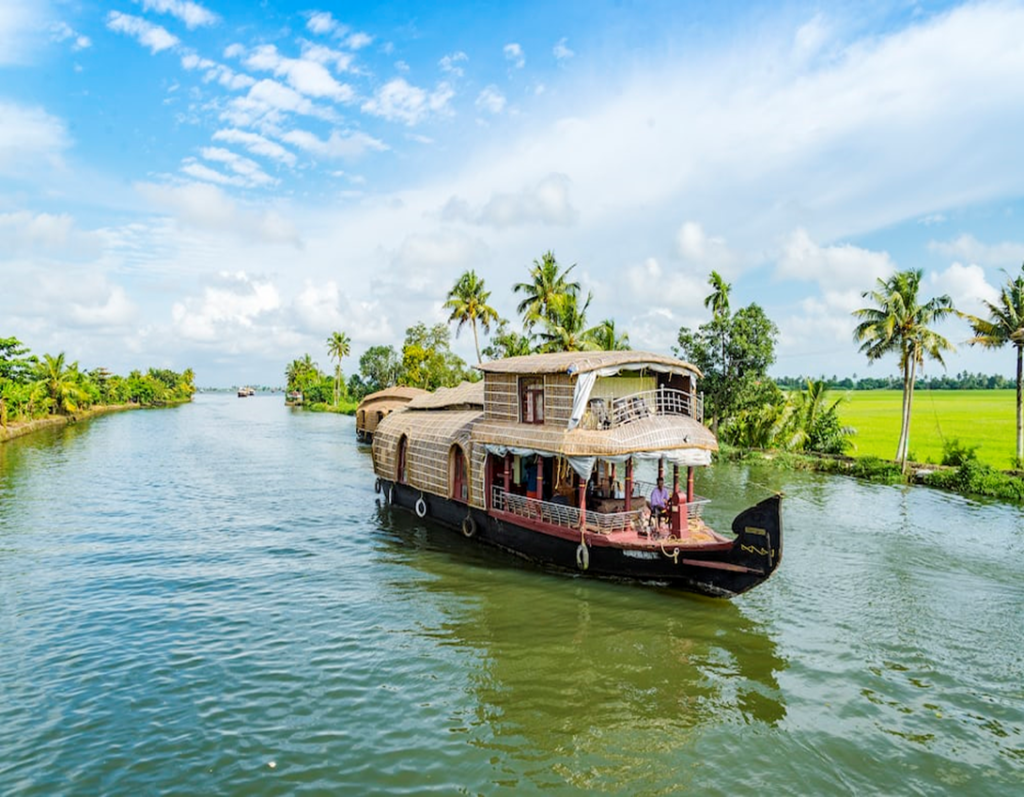

Many beach activities is ideal in winter time like kayaking and also indulge in activities where elephant baths with tourists. Varkala beach is a black sand beach that attracts tourists and provides an idle place for having a Goa-like experience in Kerala.
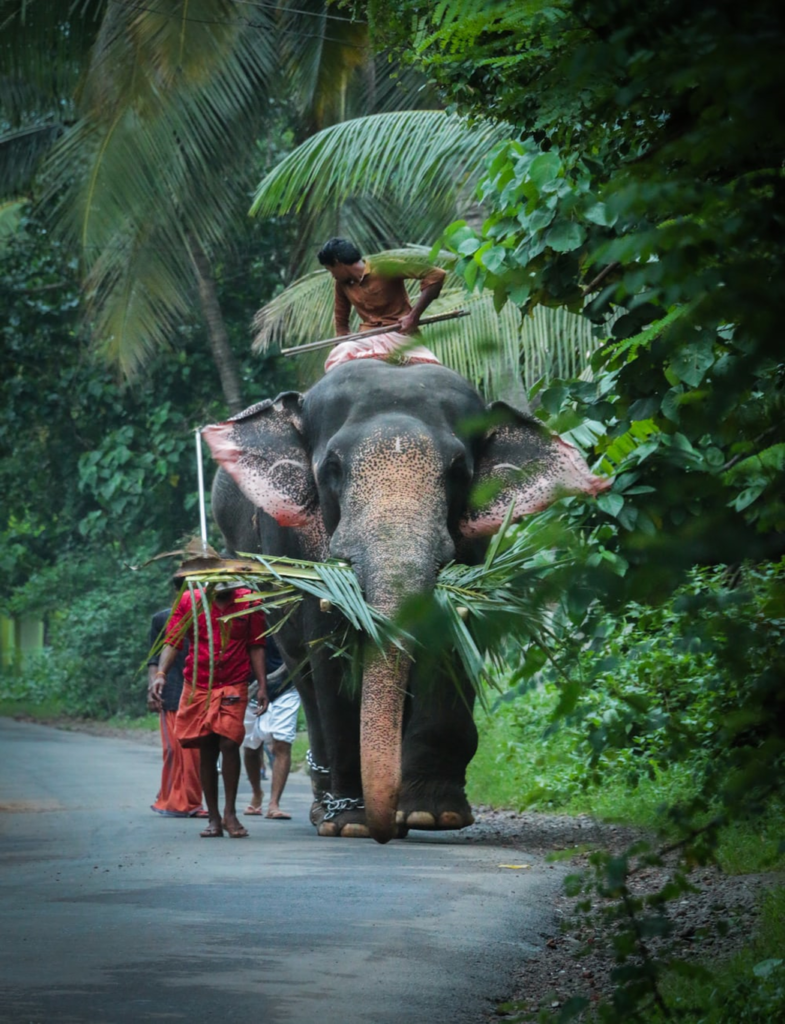

Many traditional dance and music performances takes place during these months and visitors can also learn about the state unique culinary traditions. The season is also for wildlife sightseeing and cultural exploration. With its pleasant weather and vibrant cultural scene, the winter season is a great time to visit Kerala.
CONCLUSION
Kerala is also known as God’s own country, the state offers a journey of special tourist experiences and attractions. There are many churches in Kerala which include St Francis Church. It is a must-visit place that indulges in the state’s culinary delights including seafoods dishes, coconut-based curries and traditional snacks such as banana chips and appam.
Visitors also enjoy wildlife safaris and birdwatching and trekking in the protected areas. The beaches offer stunning views of the Arabian sea, and visitors can enjoy a variety of activities such as swimming, sunbathing and water sports.
The state is famous for its ayurvedic treatments which finds a holistic approach to health and wellness. Visitors can explore the backwaters on houseboats and it is a great way to experience the region’s natural beauty and unique culture. With its natural beauty, cultural richness and unique experiences Kerala truly lives up to its nickname of God’s own country.
